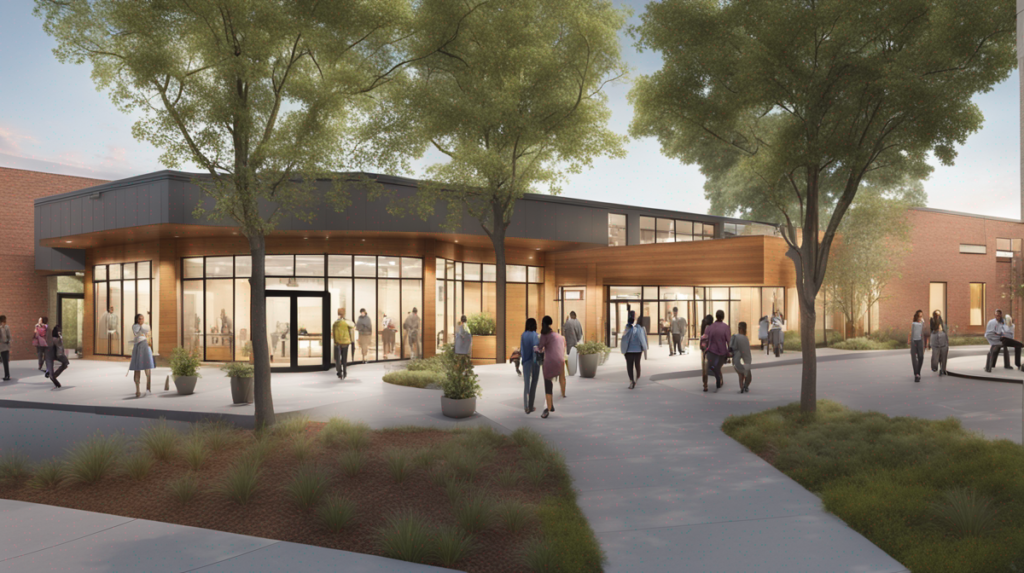
Introduction
Healthcare stands as a basic human right, yet globally, many grapple with the challenges of accessing quality and affordable care. Community Health Centers (CHCs) unveil a unique model that bridges this gap. This comprehensive and well-researched article seeks to explore the transformative role of CHCs in fostering accessible care, offering valuable insights, and practical advice to readers.
Understanding Community Health Centers
Community Health Centers, also known as Federally Qualified Health Centers, are crucial cornerstones of the American healthcare system. They provide comprehensive healthcare services to populations with limited access to care, such as the medically underserved and uninsured.
The Role of CHCs in Accessible Care
Community Health Centers are intrinsic to expanding access to quality healthcare. They serve about 28 million people across the United States, thereby playing a central role in reducing healthcare disparities and improving public health status.
CHCs thrive on a patient-centered approach, offering an array of services beyond simply addressing disease and illness. They converge preventive health, mental health, dental health, and even facilitate transportation and translation services, accentuating their commitment to holistic and accessible care.
(Read Also: Evaluating the Impact: Telehealth vs Traditional Healthcare)
Combatting Health Inequities
By serving communities regardless of individuals’ ability to pay, CHCs are critical to the fight against health inequities. Recent studies indicate that patients accessing care through CHCs tend to have better health outcomes than those who sought care elsewhere.
Cushioning Healthcare Costs
The cost-effectiveness of CHCs is another distinguishing feature. Despite often catering to populations with complex health needs, they manage to save the American health system approximately $24 billion annually. They remarkably lower the probability of hospitalizations and emergency room visits, thereby reducing healthcare costs.
Debates and Controversies
While most appreciate the benefits of Community Health Centers, they are not without controversies. Some criticize the heavy reliance on federal funding and argue it fosters financial instability. Moreover, despite their broad reach, CHCs still fall short of universal coverage, with approximately 61 million Americans without a regular source of healthcare.
Nevertheless, the immense potential and impact of CHCs cannot be understated. Instead of negating their role, it is crucial to continuously fortify and expand their reach, ensuring a potent health system capable of providing accessible care to all.
(Read Also: Finding Your Perfect Match: A Comprehensive Guide to Choosing the Right Health Insurance Plan)
Conclusion
Community Health Centers paint an optimistic landscape for the future of healthcare access. They exhibit an extraordinary commitment to not just treating illness, but fostering health, attesting to their essential role in the health system. As we navigate the complex dynamics of access to care, CHCs remain a beacon of hope and exemplify that affordable, quality care is not a far-fetched dream but an achievable reality.
Last modified: 12 December 2023


















